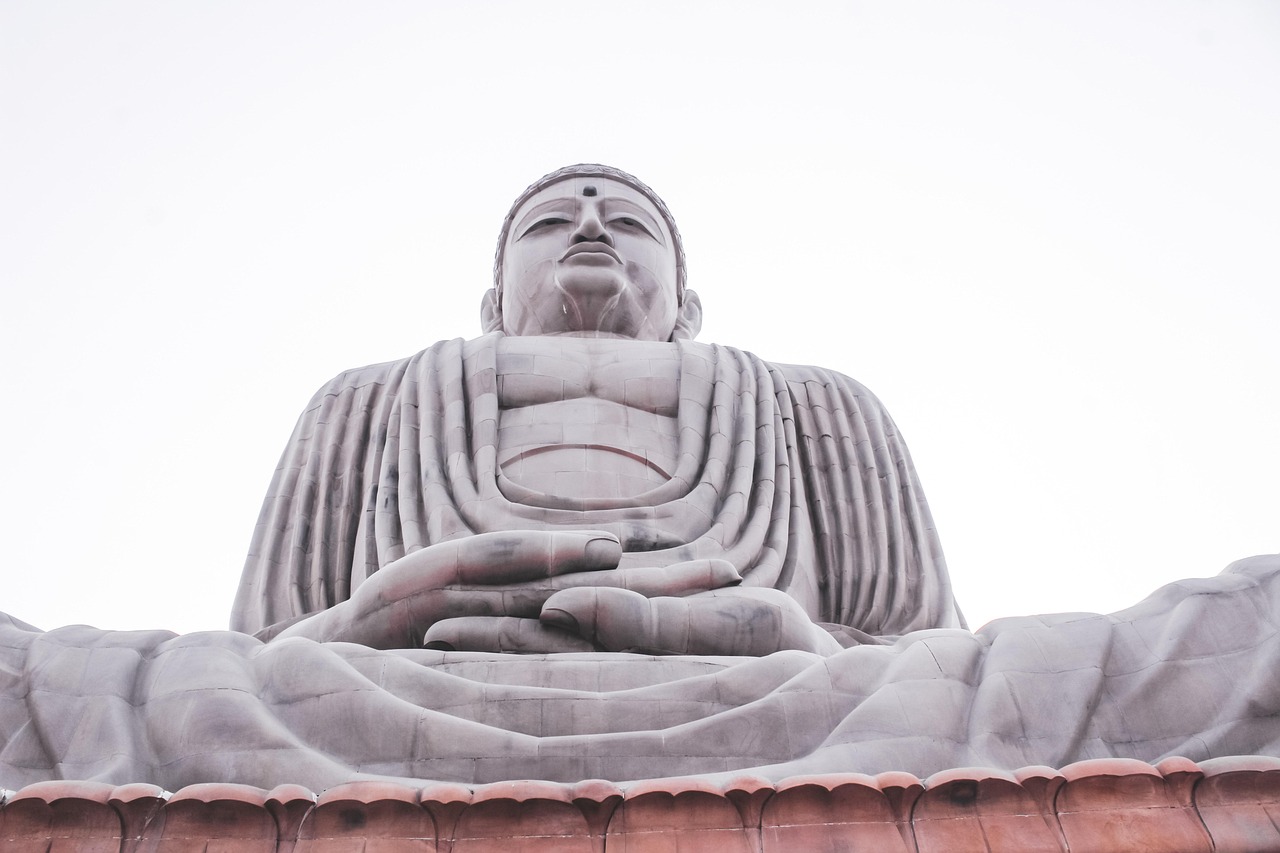Understanding Self-Reflection: A Path to Personal Growth
In today’s fast-paced world, the concept of self-reflection often gets lost in the shuffle. Yet, taking the time to pause and evaluate our thoughts, behaviors, and experiences can lead to profound insights and personal growth. Self-reflection is not merely a moment of introspection; it is a structured process that encourages us to better understand ourselves, improve our decision-making skills, and align our actions with our values. In this blog post, we will explore various aspects of self-reflection, its benefits, techniques for effective practice, and how to integrate it into your daily life.
What is Self-Reflection?
Self-reflection is the deliberate process of examining our thoughts, feelings, and actions to gain insight into our motivations and behaviors. It often involves asking ourselves specific questions to evaluate our experiences critically. Understanding its components can enhance its effectiveness.
The Process of Self-Reflection
- Observation: Assessing your experiences and feelings during specific events.
- Analysis: Evaluating why you felt a certain way or acted in a specific manner.
- Conclusion: Gaining insights about yourself and your choices.
- Action: Implementing changes based on your findings to improve future outcomes.
Core Elements of Self-Reflection
1. **Honesty:** Be truthful about your thoughts and feelings.
2. **Openness:** Approach your reflections with an open mind, ready to explore uncomfortable truths.
3. **Patience:** Allow yourself the time and space to reflect deeply without rush.
The Benefits of Self-Reflection
Engaging in self-reflection can yield numerous benefits for personal and professional development. Here are some key advantages:
- Enhanced Self-Awareness: Recognizing your strengths and weaknesses.
- Improved Decision-Making: Analyzing past choices can inform better future decisions.
- Emotional Stability: Understanding your emotions helps manage them effectively.
- Goal Alignment: Ensures your actions align with your life goals and values.
- Increased Resilience: Helps in coping with stress and adversity.
Statistics on Self-Reflection
– A study published in the Journal of Personality and Social Psychology found that individuals who engage in reflective practices reported higher levels of creativity and problem-solving skills.
– **75%** of people who practice self-reflection regularly claim it enhances their quality of life.
Techniques for Effective Self-Reflection
Incorporating self-reflection into your routine requires specific techniques that prompt deep thinking and insight. Here are a few effective methods:
1. Journaling
- Write daily or weekly entries about your thoughts and feelings.
- Use prompts to guide your reflections, such as:
- What went well today?
- What challenges did I face?
- What did I learn from my experiences?
2. Mind Mapping
Create visual representations of your thoughts and feelings. This method allows for a more creative exploration of your ideas.
3. Meditation
Practice mindfulness or guided meditations to center your thoughts and facilitate self-awareness.
4. Regular Check-Ins
- Set a dedicated time each week to assess your progress and well-being.
- Ask yourself critical questions to stimulate thought, such as:
- What am I grateful for this week?
- What obstacles did I overcome?
- What could I improve next week?
Integrating Self-Reflection into Daily Life
The key to reaping the benefits of self-reflection is consistency. Here are some actionable tips to integrate it into your everyday routine:
1. Schedule Reflection Time
- Allocate 10-15 minutes at the end of your day to reflect on your experiences.
- Consider using a timer to ensure you engage in this practice regularly.
2. Use Technology
Utilize apps designed for journaling or meditation to keep your reflective practices organized and efficient.
3. Engage in Conversations
- Discuss your thoughts with trusted friends or mentors to gain new perspectives.
- Join workshops or groups focused on self-improvement and reflection.
Conclusion
Self-reflection is more than a passive exercise; it is a powerful tool for personal and professional growth. By understanding its significance, utilizing effective techniques, and integrating it into your daily routine, you can cultivate a more introspective mindset. The journey to greater self-awareness and emotional stability begins with a simple yet profound act: taking the time to reflect on your experiences. Start today, and watch as your life transforms through organized thoughts and deliberate actions.






